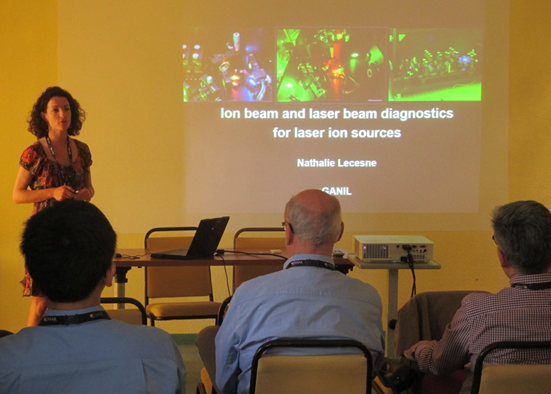Laser and particle accelerator scientists met in the town of Palmanova, Mallorca in March 2015. These two scientific communities were brought together with renowned speakers invited to lead sessions complemented by contributed talks from delegates. In this way, ideas at the forefront of these two fields were shared. This contributed to advancing knowledge towards the development of more functional and cheaper accelerators with ever more diverse applications from health, industrial processes and security through to fundamental research.
The meeting was held by the EU-funded project LA3NET. This large Marie Curie Initial Training Network is coordinated by the University of Liverpool to train 19 early stage researchers at doctorate level in novel projects relating to the application of lasers at accelerators. These researchers are hosted by research centres, universities and industry partners across Europe with additional training provision from other members of the network’s consortium.

Dr. Nathalie Lecesne (GANIL) giving a talk about Ion beam and laser beam diagnostics for laser ion sources. Image credit: LA3NET
The network coordinator Professor Carsten Welsch says: “Europe is investing heavily in world-class research facilities that will offer unprecedented insights into material sciences, nuclear physics and the processes of life itself, but we are not investing in the people we need to exploit these opportunities and already there is a skills shortage.”
The event created an important opportunity for early career researchers to gain from expertise of renowned scientists in the combined fields of laser and accelerators research.
The week was divided into two events with a two-day Beam Diagnostics Workshop followed by a three-day international Conference on Laser Applications at Accelerators.
Read more >>
